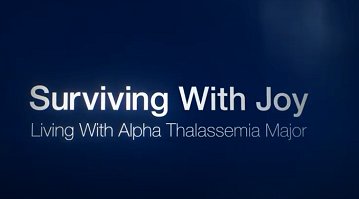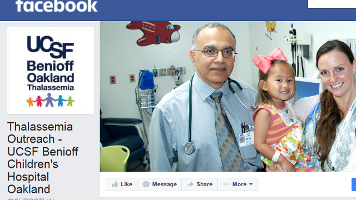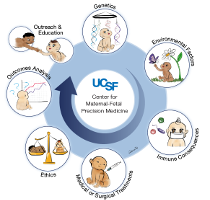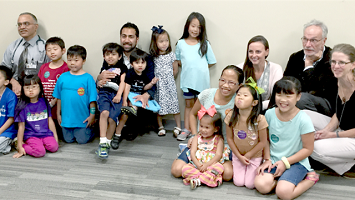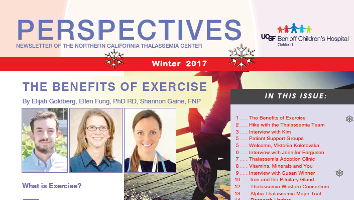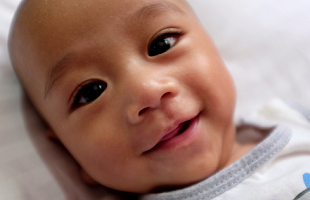From Clinical Practice to Clinical Research - Jennifer Ferguson, FNP
Interview by Jennifer Kim
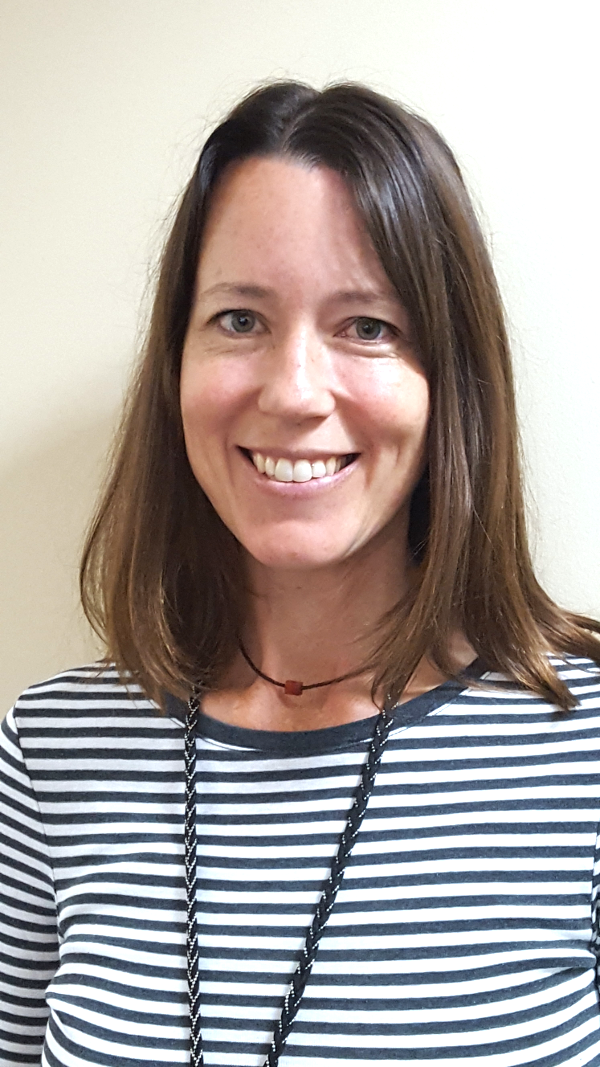
Jennifer Ferguson, FNP
Welcome Jennifer Ferguson.
Jennifer graduated from UCSF School of Nursing with a Master's in Nursing and Family Nurse Practitioner degree in 2003. She has worked most of her career with vulnerable populations in women's health and with teens at the Alameda County Juvenile Justice Center. In 2014 she joined the hematology research team and began working with patients with rare diseases, most recently focusing on thalassemia. She currently coordinates several trials in thalassemia, brain iron accumulation, Niemann-Pick, and sickle cell disease. In her free time, she loves spending time with her 12 and 9 year old boys, hiking, backpacking, skiing and reading. She and her husband hiked the Pacific Crest Trail together, a 2700 mile trail from Mexico to Canada.
This fall, they hiked the Tahoe Rim Trail, covering 300 miles in the mountains surrounding Lake Tahoe.
JK: What made you decide to pursue a nursing degree?
JF: I always knew I wanted to go into healthcare. I was deciding between medicine and nursing school. I decided that I like the holistic view of nursing and I felt like the nurse practitioner route would be perfect for me because I can work autonomously and still be able to treat patients and the families as a whole.
JK: What drove you to work with vulnerable populations in women's health and with teens at the Alameda County Juvenile Justice Center?
JF: I always knew I wanted to work with vulnerable populations. I felt that was where the most needs were. The program at UCSF also focused on working with vulnerable populations, and it was always my goal to work where the most need was.
JK: What made you decide to transition into hematology and specifically thalassemia?
JF: When I first transitioned into research, I worked with a rare disease called PKAN within the Hematology Department. As I got to know the hematology team, I also got to know more about sickle cell disease and thalassemia. Then interesting projects came up in thalassemia. Through those, I got to really know the patients, families, and the broader community of thalassemia. I have really enjoyed that process.
JK: What made you decide to go into research?
JF: What I like about research is that I get to know families in-depth over a long period of time. I felt that the work I was doing in juvenile justice was very episodic. So I didn’t get to know the families as in-depth as I would’ve liked. In research, in the studies that I have been involved in, I get to know families over a long period of time and get to know all of the different aspects of their lives, which I find to be very important when you are trying to provide good comprehensive health care.
JK: Do you also see patients regularly in clinic?
JF: No, not right now. I’m just focusing on clinical research.
JK: What has your experience been like working with individuals with thalassemia?
JF: I find that there is an incredible resilience in the thalassemia community. Patients are living full and active lives. Despite challenges that come with living with a chronic disease, individuals and families are extremely positive and enthusiastic about life, which I find really inspiring.
JK: How has your experience caring for patients with chronic illnesses differed from those with acute symptoms?
JF: In my work before, I was mostly working with individuals who were not dealing with chronic diseases. Therefore, I was seeing people at snapshots in time and caring for one particular thing that would then resolve, whereas my work with chronic diseases and rare diseases has allowed me to work in broader range of healthcare. I get to see the continuity and long term impact of what we are doing to help people living with chronic disease.
JK: What are your goals and aspirations for working with individuals with thalassemia?
JF: We are always working towards finding cures, but I think as a shorter term goal, we should be improving the patients’ and fami-lies’ quality of life on a day to day basis. I don’t think this will always occur through big breakthrough drug trials, but also just in our day to day interactions with our patients.
JK: Is there anything else you would like to add?
JF: It's been truly inspirational working with the team here. I've learned so much from all of the providers and teams in all different areas of hematology and research. I love meeting new families and patients through my work in research and look forward to continuing and building on these relationships for many years.
Updated 1/12/2018

